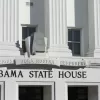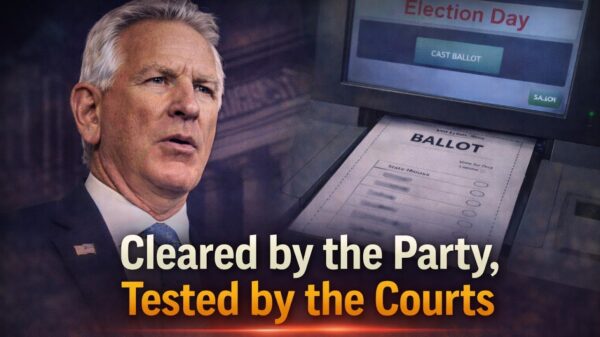The Marshall County Commission last week passed a resolution opposing any changes to the state’s Simplified Sellers Use Tax, Alabama’s model for collecting online sales tax.
Marshall County is simply the latest in a line of governments staking out their sides in the upcoming battle over the growing revenue source for cities and counties.
The Association of County Commissions of Alabama voted last month to oppose changes to the program, arguing that any attempt to change the program would hurt county revenues while also posing a risk of miring all online sales tax collection in litigation.
Alabama currently charges a flat rate of 8 percent on online purchases made with retailers with no physical presence in the state. Half of that collection goes to the state, while the other half is distributed to counties and municipalities based on population.
The sales tax has been a boon to struggling county general fund budgets as the growing revenue stream is not earmarked the way many local taxes are.
But the mayors of Alabama’s largest cities have approached the Alabama Legislature about changing the system, arguing that the largest municipalities are actually not getting a fair shake and are losing out on funds primarily generated in their cities.
School systems across the state have also broached the possibility of changing the revenue distribution, as none of the funding is mandated by the state to go towards local boards of education. Some county commissions and municipalities have made agreements with their local boards to commit a portion of the funding to the school systems.
The City of Tuscaloosa, Tuscaloosa City Schools and the City of Mountain Brook are additionally challenging the revenue model in court.
Rep. Chris England, D-Tuscaloosa, has introduced several versions of legislation attempting to resolve the issue, which has included raising the tax rate to 10 percent and sending that extra funding to school boards or municipalities.
Alabama initially offered the SSUT as an incentive for large online retailers to remit sales tax, promising to lock those retailers in at the 8 percent flat collection rate while remitting the tax was still voluntary. The U.S. Supreme Court later decided state’s can force online retailers to remit sales tax, so there is no longer a need to incentivize remission.
Alabama’s model has been praised by retailers for its simplicity in ignoring the complexities of varying localized tax rates and instead offering the flat tax.















































